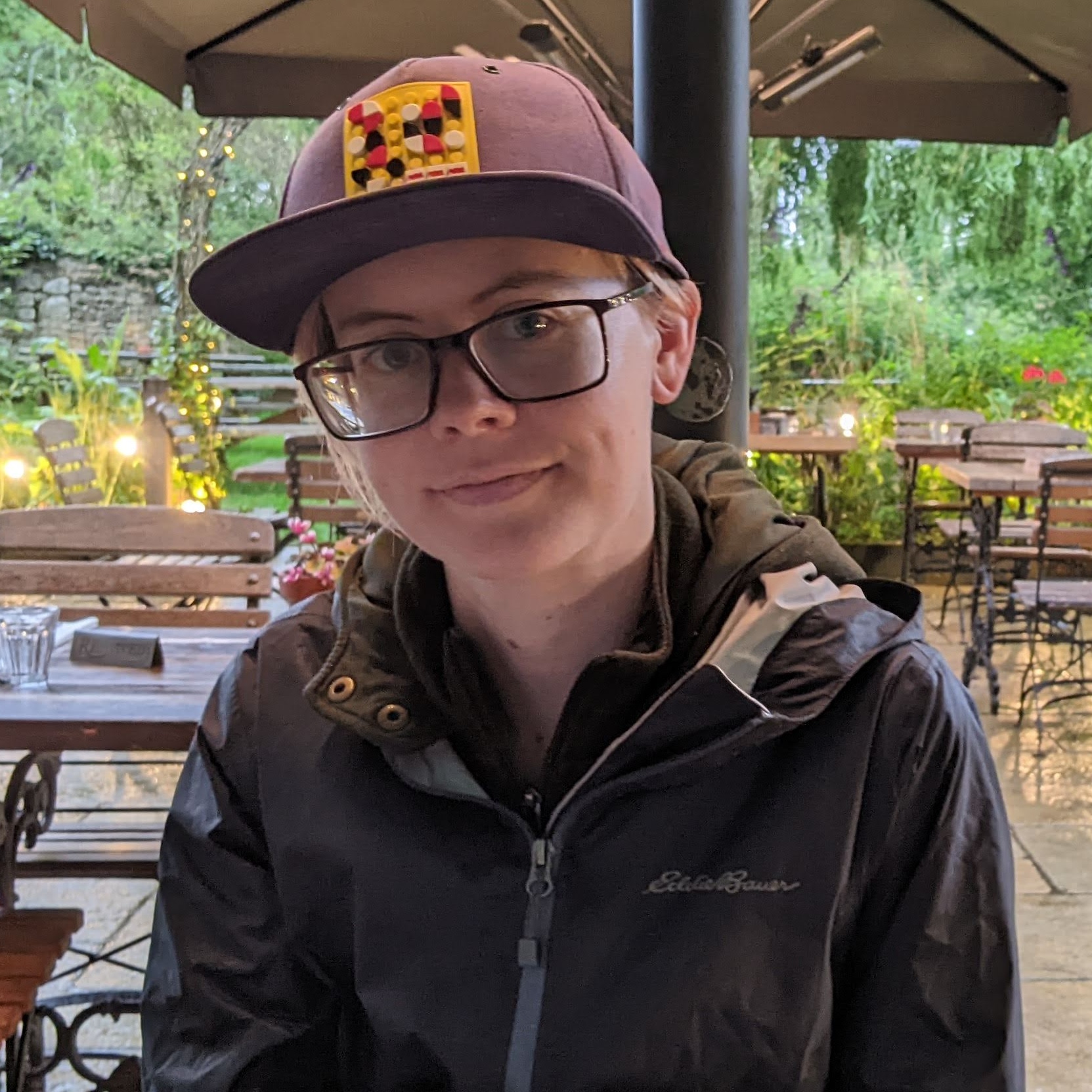
Erin Canning
PhD Student, V&A / University of Oxford
e.canning@vam.ac.uk
Applications of computational approaches for addressing problematic terminology within V&A Museum catalogues
I am a DPhil student in the Department of Engineering Science at the University of Oxford, co-supervised by the V&A. Prior to beginning my studentship, I held the position of Ontology Systems Analyst at the Linked Infrastructure for Networked Cultural Scholarship project (LINCS). I have also been an editor of the CIDOC Conceptual Reference Model (CRM) since 2022. I hold Masters degrees in Information (MI) and Museum Studies (MMst) from the University of Toronto, where I conducted research examining how art museum information systems could be designed to accommodate affect as a fundamental way of knowing material culture. I am interested in the possibilities that semantic data modelling offers for structuring cultural heritage knowledge and data in more holistic and inclusive ways, as well as feminist and queer approaches to museum data practices.
My supervisors are Professor David de Roure, Dr Sarah Ogilvie, Dr Kevin Page (University of Oxford) and Dr Jacques Schuhmacher and Pamela Young (V&A).
Selected publications
Bekiari, C., Bruseker, G., Canning, E., Doerr, M., Michon, P., Ore, C.E., Stead, S., & Velios, A. (Eds). (2024). Definition of the CIDOC Conceptual Reference Model, version. 7.1.3.
Brown, S., Canning, E., Martin, K. & Roger, S. (2023). Ethical considerations in the development of responsible linked open data infrastructure. In K. Burlingame, A. Provo, & B.M. Watson (Eds). Ethics in Linked Data. Litwin Books.
Canning, E., Brown, S., Martin, K., & Roger, S. (2022). The Power to Structure: Making Meaning from Metadata through Ontologies [Special Issue: Metadata as Knowledge]. KULA: Knowledge Creation, Dissemination, and Preservation Studies, 6(3), 1-15.
Canning, E. (2018a). Affective Metadata for Object Experiences in the Art Museum [Masters thesis, University of Toronto]. TSpace Repository.
Fry, E.L. & Canning, E. (Eds). (2022). Perspectives on Data. Chicago, IL: Art Institute of Chicago.